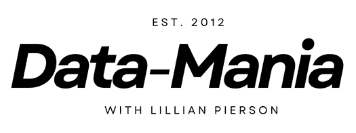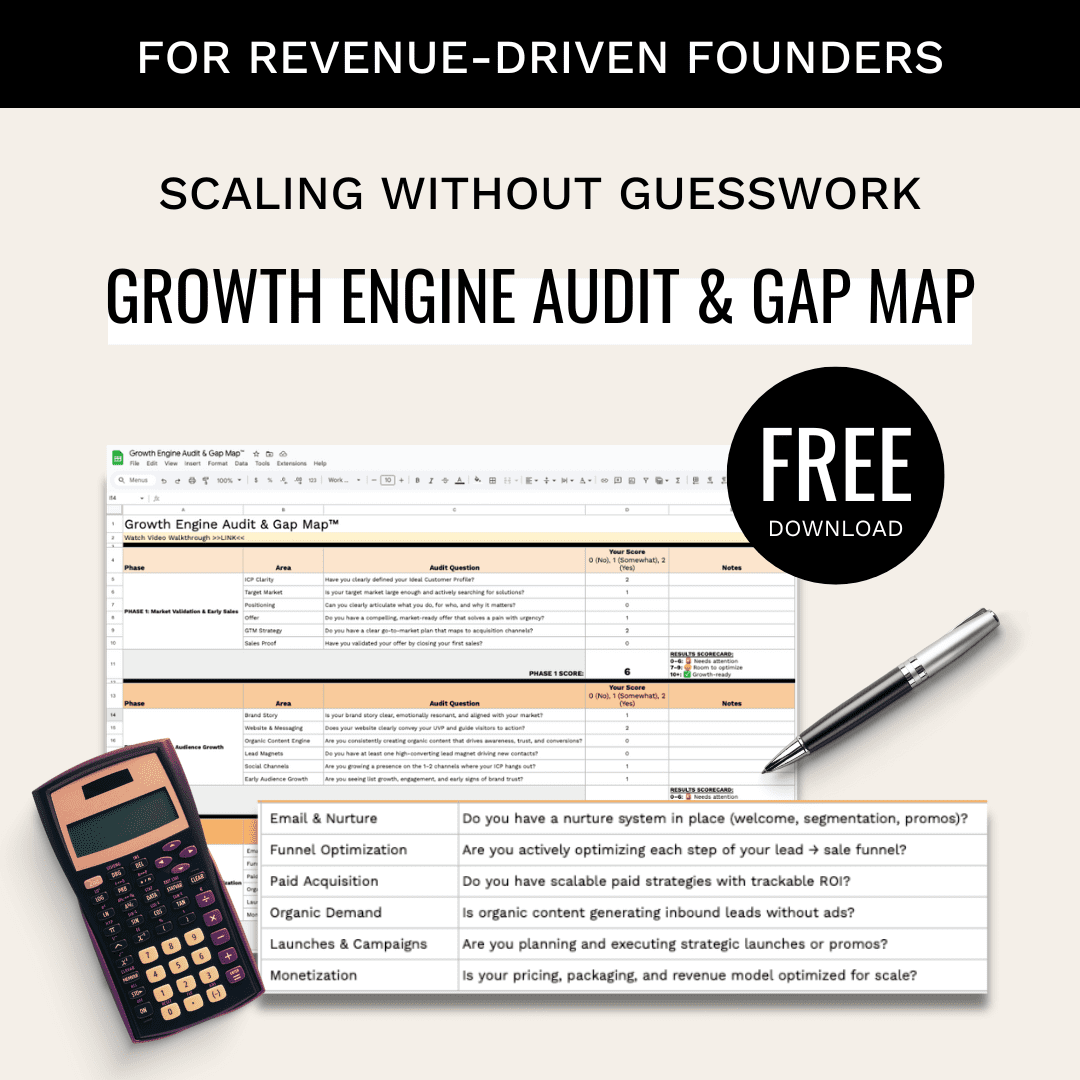AI lead scoring is a tool that helps B2B companies prioritize potential customers based on their likelihood to convert. It uses data like website activity, email engagement, and company details to rank leads, saving time and improving sales outcomes. Here’s what you need to know:
- What it does: Ranks leads automatically using data and machine learning.
- How it helps: Speeds up lead qualification, improves lead quality, and aligns sales and marketing teams.
- Key features: Real-time scoring, CRM integration, and predictive analytics.
- Steps to implement: Define your ideal customer, choose the right platform, and continuously monitor performance.
AI lead scoring can cut lead qualification time by 50% and boost conversion rates by 30%, making it a powerful tool for B2B marketers.
AI Lead Scoring Process
Data Sources and Collection
AI lead scoring systems pull information from various touchpoints to create detailed profiles for potential customers. The process begins with gathering data from three main categories:
First-Party Data:
- Tracks website activity (e.g., page views, time spent, downloads)
- Monitors email interactions (e.g., opens, clicks, form submissions)
- Includes purchase history and account details
Third-Party Data:
- Covers company details like size, revenue, and industry
- Includes information about the company’s technology stack
- Analyzes social media activity
- Assesses market position
Behavioral Data:
- Examines how leads interact with content
- Tracks product usage patterns
- Reviews support ticket history
- Incorporates interactions with sales teams
AI Models and Scoring Methods
Once the data is collected, machine learning models analyze it to identify patterns that signal how likely a lead is to convert. These systems use several approaches:
Predictive Analytics: By studying historical conversion data, the AI identifies behaviors that align with high-value leads. For instance, if a lead downloads technical guides, attends webinars, and visits pricing pages, the system assigns a higher score based on similar patterns from past conversions.
Real-time Scoring: Scores are updated instantly as prospects take actions like visiting a pricing page or requesting a demo. This ensures the scoring reflects their current level of interest.
Multi-factor Analysis: The AI evaluates multiple factors and weighs them differently based on their connection to conversions:
| Factor Type | Impact | Example Indicators |
|---|---|---|
| Intent Signals | High | Product demo requests, pricing page visits |
| Engagement Level | Medium | Email opens, content downloads |
| Firmographic Match | Medium | Company size, industry alignment |
| Technical Fit | Low | Current tech stack, integration possibilities |
CRM Updates and Integration
After scoring, the system integrates these insights directly into your CRM, making it easier for sales teams to take action. Here’s how it works:
Automated Synchronization: Lead scores update automatically in the CRM as new data becomes available, ensuring the information is always up-to-date.
Score Visibility: Sales teams can access detailed explanations for each lead’s score, including specific actions and attributes contributing to the rating.
Workflow Triggers: The system can automate tasks based on lead scores, such as:
- Assigning leads to specific reps
- Launching follow-up sequences
- Setting task reminders
- Updating lead status and priority levels
This seamless integration ensures sales teams can quickly act on high-priority leads and monitor their progress effectively.
Main Advantages of AI Lead Scoring
Better Lead Quality and Higher Conversions
AI lead scoring helps identify prospects who are more likely to convert by analyzing multiple data points. This results in improved targeting, shorter sales cycles, and better-quality leads. These improvements make lead management faster and more efficient.
Quicker Lead Processing
Automated AI tools evaluate leads almost instantly, allowing teams to focus on high-priority prospects right away. Key benefits include:
- Real-time lead assessments
- Prioritization based on team strengths
- Automatically updated lead data
This streamlined process helps sales and marketing teams work more effectively together.
Stronger Sales and Marketing Coordination
AI lead scoring creates a shared framework for sales and marketing by using data-driven insights. This leads to unified metrics, smoother lead handoffs, and better collaboration on performance tracking. Teams can work together more seamlessly toward common goals.
B2B Lead Scoring & Qualifying Process Ultimate Guide
sbb-itb-e8c8399
Implementation Steps
These steps build on data collection and integration to guide your AI lead scoring process.
Create Your Customer Profile
Start by defining clear customer profiles to make your AI lead scoring more effective. Use your existing data to uncover patterns in:
- Demographics and firmographics: Think about company size, industry, and location.
- Behavioral patterns: Look at purchase history and engagement levels.
- Customer journey touchpoints: Identify key interactions along the sales funnel.
- Sales team feedback: Gather insights from your team to add context.
“Understanding your customer is the first step in creating a successful AI lead scoring model.” – Lillian Pierson, Fractional CMO, Data-Mania
Companies with well-defined customer profiles have been shown to boost their marketing ROI by up to 30%. Once you’ve nailed down your customer profile, pick a platform that aligns with these insights.
Select Your AI Scoring Platform
Choose an AI lead scoring platform that matches your business needs. Look for these key features:
| Feature Category | Core Capabilities | Why It Matters |
|---|---|---|
| Integration | CRM compatibility, API access, marketing tool connections | Keeps data flowing smoothly |
| AI Capabilities | Predictive analytics, machine learning models, custom scoring rules | Ensures accurate predictions |
| User Experience | Intuitive interface, customizable dashboards, real-time updates | Encourages team adoption |
| Support | Training resources, technical help, regular updates | Keeps the system running effectively |
Platform costs range from $500 to $5,000 per month, depending on the features and scale. Always test platforms with demos or trials before committing.
Track and Adjust Performance
Once your platform is in place, monitor its performance closely to ensure your lead scoring stays effective. Focus on these two areas:
- KPIs: Keep an eye on conversion rates, lead quality scores, and sales feedback. Schedule monthly reviews to evaluate progress.
- Feedback Loops and Optimization: Use sales feedback and A/B testing to refine your scoring model. Stay on top of trends to fine-tune your criteria.
Consistent monitoring and adjustments can improve conversion rates by as much as 20%.
Common Problems and Solutions
Implementing AI lead scoring can present challenges that require thoughtful solutions. Let’s break down some common issues and how to address them.
Data Quality Problems
Poor data quality directly impacts the accuracy of AI scoring. Here are some typical issues and ways to resolve them:
| Data Issue | Impact | Solution |
|---|---|---|
| Incomplete Records | Skewed scoring results | Enforce mandatory field validation |
| Inconsistent Formats | Processing errors | Standardize data entry protocols |
| Outdated Information | Inaccurate predictions | Schedule regular data updates |
| Duplicate Entries | Distorted lead scores | Use automated deduplication tools |
To ensure your data remains reliable, follow these steps:
- Conduct regular audits to spot and fix inconsistencies.
- Use automated validation rules to catch errors at the point of entry.
- Standardize how data is collected across all platforms.
- Train your team on best practices for accurate data entry.
Balancing AI and Human Judgment
Ensuring a smooth collaboration between AI and human decision-making is key. Here’s how to strike the right balance:
- Define Clear Roles: Let AI handle tasks like data processing, pattern recognition, and initial scoring, while humans focus on adding context and understanding nuances.
- Set Override Protocols: Develop clear guidelines for when sales teams can override AI scores, keeping accountability intact without sacrificing flexibility.
- Review Performance Regularly: Schedule consistent reviews to compare AI recommendations with actual sales outcomes, making adjustments as needed.
Preventing Bias
Bias in AI models can lead to unfair lead prioritization and missed opportunities. Addressing this issue is essential.
“To ensure fairness in AI lead scoring, it is crucial to regularly audit models and incorporate diverse data sets.” – Lillian Pierson, Fractional CMO, Data-Mania
Here are steps to minimize bias in your AI system:
- Train models with data that reflects your entire target audience.
- Schedule regular audits to detect and address bias.
- Assemble diverse teams to oversee model development.
- Create feedback channels for reporting potential concerns.
- Use adversarial training techniques to counteract bias in predictions.
Conclusion
Main Points Review
AI lead scoring has the potential to increase conversion rates by up to 30% while reducing lead qualification time by 50%. It streamlines lead management by systematically evaluating and prioritizing prospects, leading to better conversions.
Here are some critical factors for successful AI lead scoring:
| Success Factor | Impact | Best Practice |
|---|---|---|
| Data Quality | More accurate predictions | Conduct regular data audits and standardization |
| Platform Selection | Smooth integration with workflows | Opt for solutions that work well with your CRM |
| Performance Tracking | Continuous improvement | Track KPIs and refine scoring models regularly |
AI lead scoring addresses major challenges in the B2B space. According to research, 70% of B2B marketers recognize AI as a valuable tool for lead generation.
“AI lead scoring not only improves the quality of leads but also aligns marketing and sales efforts, creating a more cohesive strategy for growth.”
– Lillian Pierson, Fractional CMO, Data-Mania
By applying these strategies, businesses can refine their lead scoring approach and achieve better results.
Data-Mania Services

If you’re looking to implement or enhance your AI lead scoring system, Data-Mania offers specialized Fractional CMO services tailored to technology companies. Their expertise includes:
- Strategic implementation of AI-driven marketing tools
- Development of custom lead scoring models
- Seamless integration with existing CRM systems
- Performance optimization and alignment of marketing and sales teams
With a combination of technical know-how and practical marketing experience, Data-Mania helps businesses achieve measurable outcomes through AI-powered lead scoring. These services are especially suited for companies with marketing budgets exceeding $1M, offering targeted advisory sessions like Power Hour consultations.
As AI continues to evolve, balancing advanced technology with human insight is essential. Whether you’re starting from scratch or refining your current system, success lies in leveraging both technological tools and human expertise while continuously improving your processes.
Related Blog Posts
- AI Agents in Marketing: The Secret to Driving 10x Engagement & Conversions
- 5 Ways AI Can Optimize Marketing ROI for your Tech Startup
- Collaborative Lead Scoring for B2B Teams
- 5 Best Practices for B2B Marketing Automation Success




